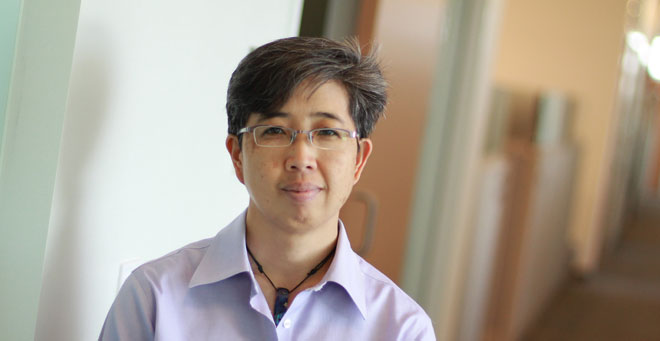 |
|
| Jennifer Tjia, MD, MSCE |
The new UMass Medical School study led by Jennifer Tjia, MD, MSCE, that found nursing home residents with advanced dementia often receive medications of questionable benefit prompted a strong reaction from a New York Times columnist.
“How sick and disabled, how far into advanced dementia, how close to death do elderly nursing home patients have to be before their physicians stop prescribing drugs that can cause uncomfortable side effects but show scant evidence of helping them?” wrote Paula Span, for the New York Times’ New Old Age column.
“Let me quickly acknowledge that this was my own reaction to a study published on Monday in JAMA Internal Medicine, part of its weekly “Less Is More” series,” Span continued. “Researchers use far more measured terms; sometimes the things they report make you wonder how they manage that.”
Dr. Tjia’s study, published online Sept. 8, examined the records of 5,406 nursing home residents with advanced dementia and found the majority (54 percent) were prescribed at least one medication of questionable benefit during the 90-day observation period between 2009 and 2010.
Tjia, associate professor of quantitative health sciences, explained why the issue is difficult to address.
“The idea that there could be benefits to stopping medication is still a pretty radical issue for most people,” Tjia said in an interview with the Times. “For some folks, it’s a marker that the end is near, and that’s hard.”
Read full coverage of the study below:
New York Times: Near Death, and Overmedicated
Boston Globe: Study questions drugs given to many with advanced Alzheimer’s
Related links on UMassMedNow:
New UMMS study shows medications of questionable benefit used in advanced dementia